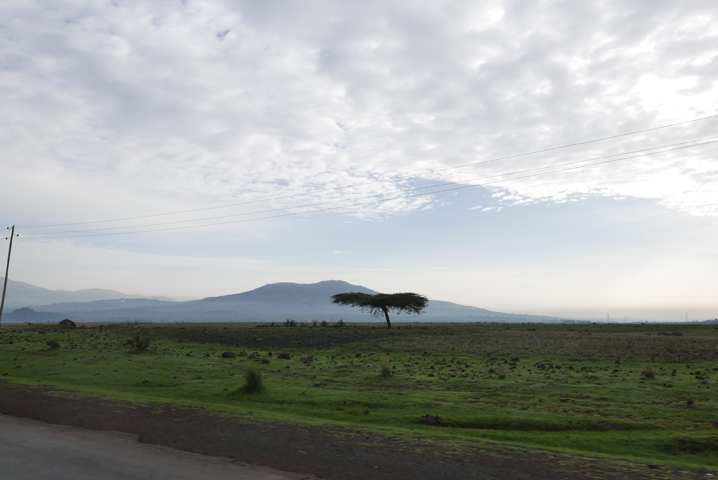What we learned in Ethiopia
It’s one thing to talk about education as a cornerstone for changing the lives of people living off the electrical grid, but in order to put our words into action, we need to know what the reality is, day to day, of living without energy access.
How does an art teacher in the city get by without a reliable source of light? What kinds of energy do stall holders survive on in a rural marketplace? What kinds of people use solar kiosks in the countryside? And why?
Wanting to hear first-hand from people such as these- people who work in education, the arts and those who work with solar – Jai and Eva set off on a journey through Ethiopia.
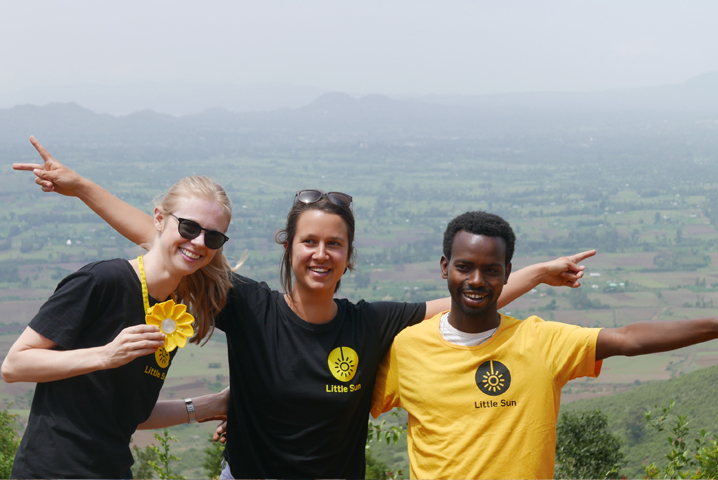

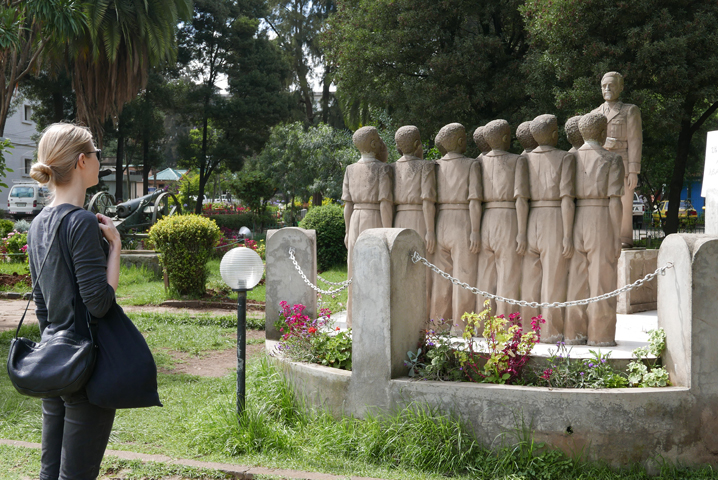
Jai is Little Sun’s Education and Art Project Manager and travelled to Ethiopia for the first time. She journeyed throughout the country with Eva, Little Sun’s Humanitarian Projects Manager and the two were later joined by Mason, Little Sun’s Africa Sales Manager. Jai documented their travels with a few words and plenty of pictures – capturing impressions of her first time on the continent.
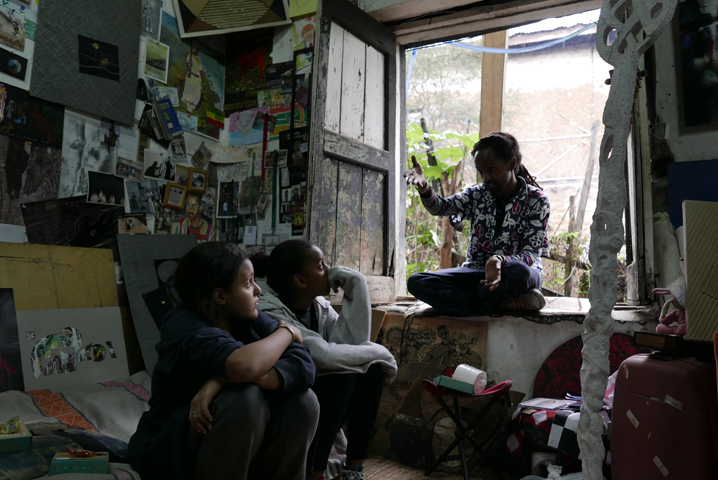
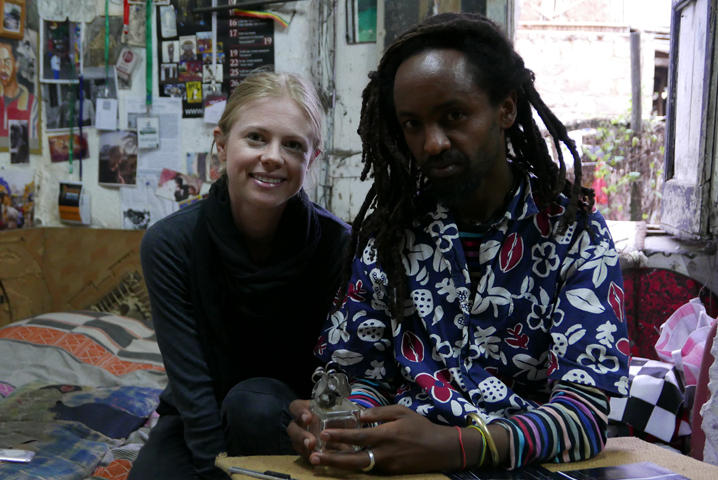



Eva and I arrived in Addis a few days ago and we have been super busy each day engaging with Addis life as much as we can for a couple of Ferengi (predominantly white foreigners).
Some stand out moments so far include meeting a local artist Leikun and watching him run his artist workshop for a few local teenagers. Leikun’s studio is a place where artists and other interesting people drop by to use the ‘Ethiopian wifi‘ which means the smell of freshly brewed coffee attracts people to your house for conversation, where the ideas flow and more and more is put out into the world ready for action. The studio space itself functions not only as a creative and meeting space but as an archive of thoughts and experiments from years of work and personal encounters. Leikun is a really great contact for us and a fantastic friend to us already.
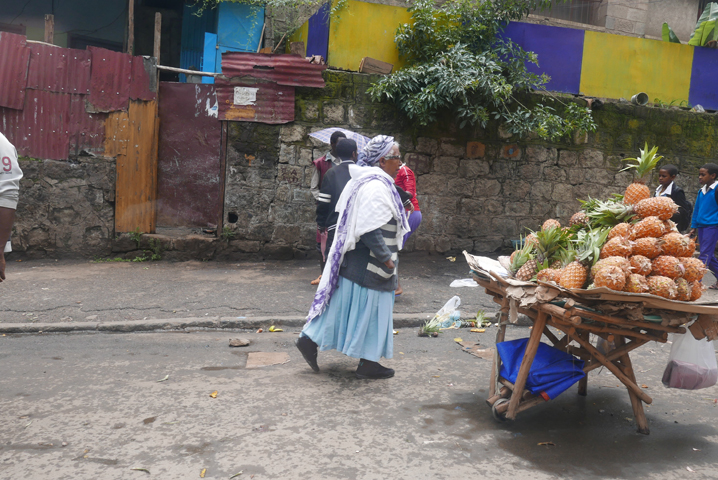

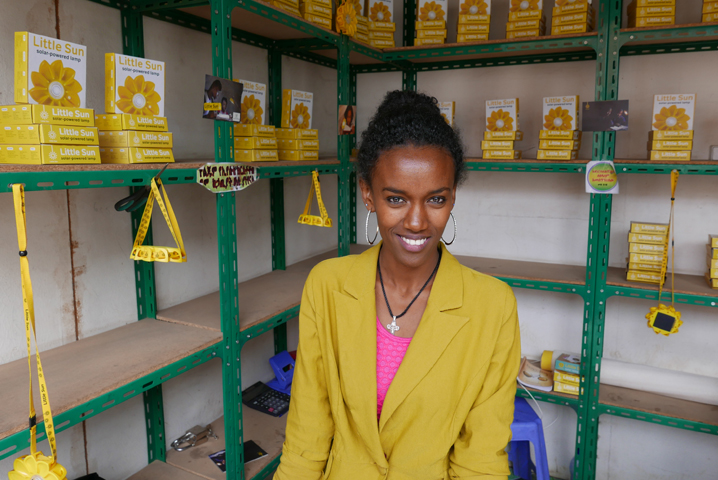
We also visited the Mercato, the biggest market in Addis, and the Little Sun flagship store.
The store is located in the a section of the market which also houses a variety of solar power products. The rest of the market is far less futuristic and we were repeatedly warned by our driver to stay safe, watch our bags and not talk to anyone. We ignored much of this advice when we encountered a friendly local who wanted to show us the market, which he did, taking us along muddy, uneven and winding paths deep within the labyrinth of the market to find spices, fruit, chickens, metal forgers and oil sellers. Everything was of use and nothing was going to waste.


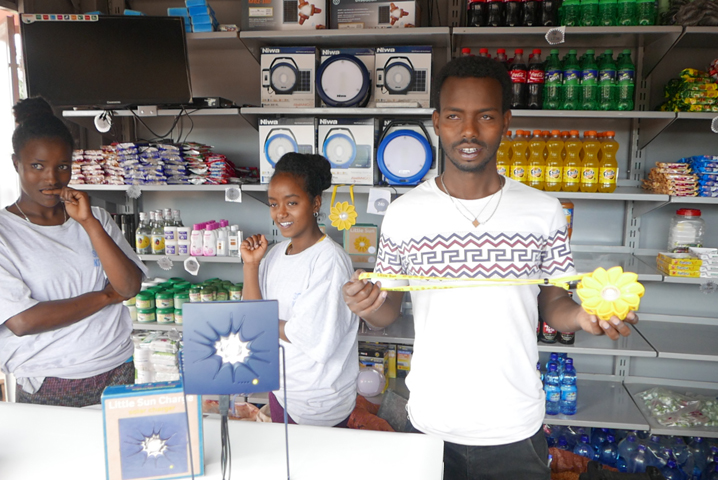


Mason, (Little Sun’s Africa Sales Manager) has just arrived and the rest of the week will be filled with many more meetings and adventures including a visit to the solar kiosk.
Our pictures tell our story the best so I’ll just let them do the talking!
Bye for now.



